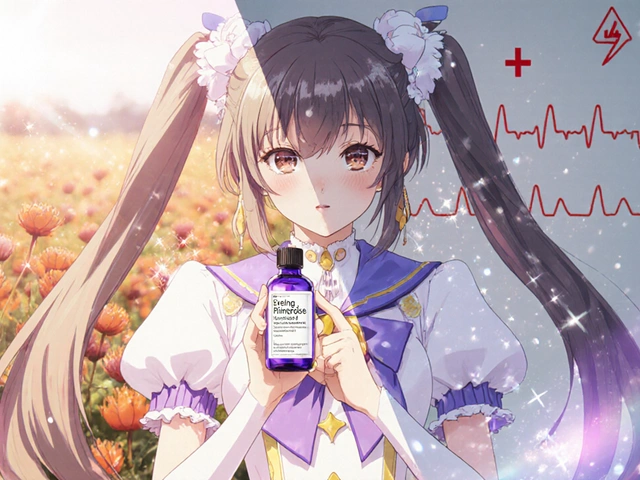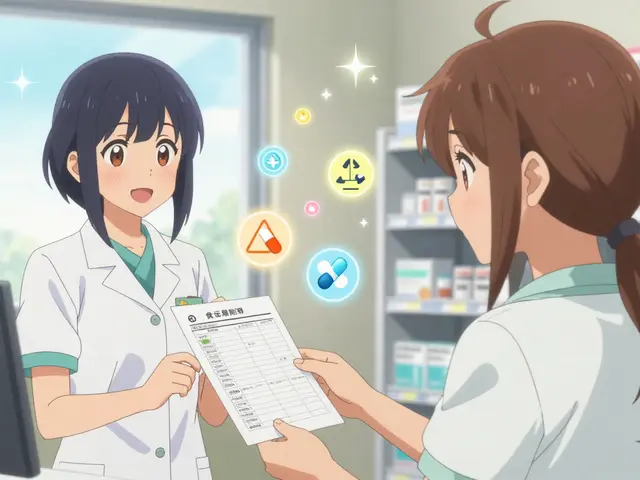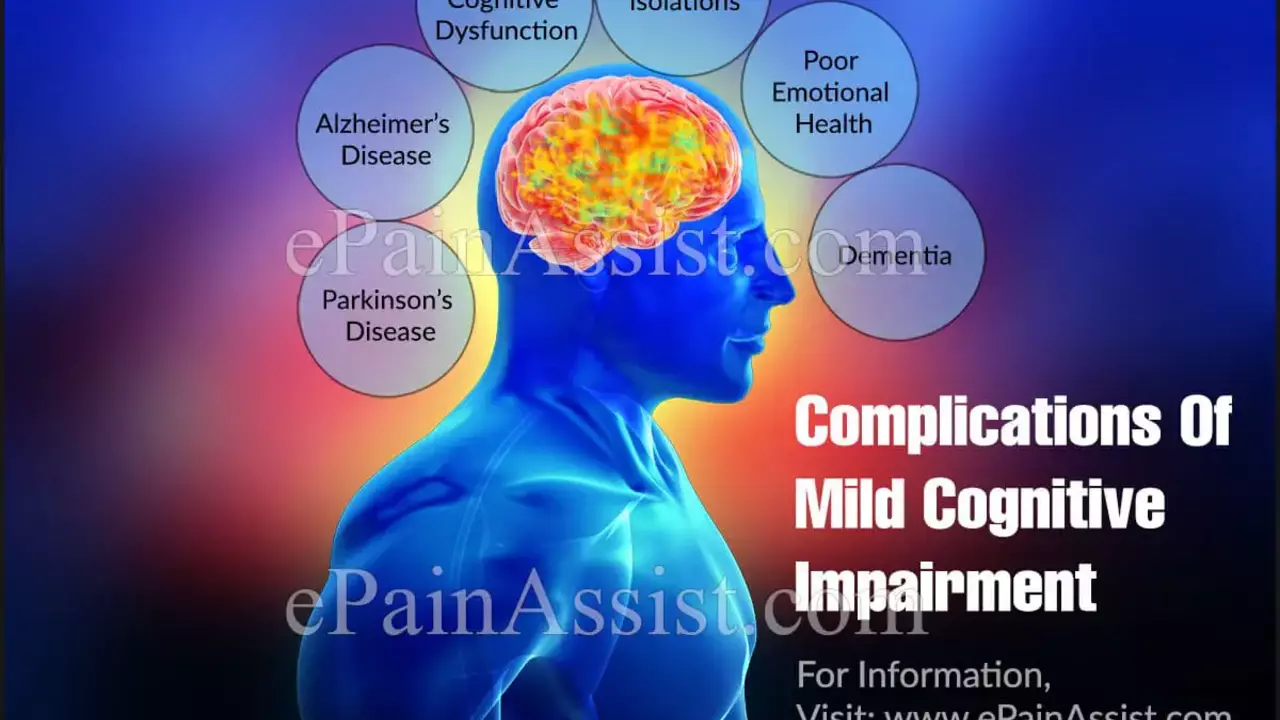Rivastigmine — a clear guide for patients and caregivers
Rivastigmine is a medication used to treat symptoms of mild-to-moderate Alzheimer's disease and dementia linked to Parkinson's. It won't cure dementia, but many people see small improvements in memory, thinking, and day-to-day activities. Clinical trials report modest benefit for cognition and daily function when started early and adjusted carefully.
How to take rivastigmine
You can get rivastigmine as a pill you take twice a day or as a once-daily skin patch. Doctors usually start on a low dose and raise it slowly to cut down on nausea and other side effects. For pills, take them with food to reduce stomach upset. For patches, apply to clean, dry, hairless skin on the upper back, chest, or upper arm and rotate sites each day to avoid irritation.
Follow your doctor's dosing plan. Don’t stop suddenly — stopping can cause a quick decline in symptoms. If you miss a dose of the patch, apply it as soon as you remember unless it's almost time for the next one. For pills, skip a missed morning dose if it's close to the next scheduled dose; don’t double up.
Side effects and precautions
Common side effects are nausea, vomiting, loss of appetite, weight loss, dizziness, and diarrhea. These are most likely when treatment starts or the dose increases. Most get better after a few weeks. Serious but less common problems include slow heartbeat, fainting, severe stomach bleeding, and breathing issues. If you feel faint, have fainting spells, or have severe stomach pain or black stools, contact a doctor right away.
Tell your doctor about heart disease, asthma or COPD, stomach ulcers, seizures, or fainting. Also list all medicines you take — some drugs (like strong anticholinergics or certain heart medicines) can interfere with rivastigmine or increase side effects. Your doctor may want to check weight, heart rate, and how well the drug is helping over the first few months.
For caregivers: keep a simple chart of doses, problems, and small changes in daily skills. Note appetite, sleep, bowel habits, and any falls or fainting. Those notes help the clinician decide whether to change dose, switch forms (pill vs patch), or try another treatment.
Cost and access: generic rivastigmine is widely available and usually cheaper than brand-name patches. Insurance plans vary, so check with your pharmacy about coverage. Some patients do better with the patch to avoid stomach problems; others prefer pills because they’re cheaper or easier to manage.
Bottom line: Rivastigmine can help some people with Alzheimer's or Parkinson’s-related dementia when started and adjusted carefully. Talk openly with the prescriber about side effects, heart or lung issues, and what you hope the medicine will do. Small changes in dose or form often make a big difference in tolerability and benefit.
Rivastigmine and Cognitive Training: A Winning Combination for Alzheimer's Disease?
In my latest exploration, I've delved into the promising potential combination of Rivastigmine and cognitive training for Alzheimer's disease. It appears that Rivastigmine, a drug traditionally used to alleviate Alzheimer's symptoms, may have its effectiveness significantly enhanced when paired with cognitive training. This training focuses on boosting the mental capabilities of patients, thereby potentially slowing the disease's progression. While more research is needed, the initial results are exciting and bring a ray of hope for those battling this devastating disease. It's truly fascinating how combining different strategies could potentially change the game in Alzheimer's treatment.
About
Health and Medicine
Latest Posts


Evening Primrose Oil, Seizure Risk & Antipsychotic Interactions
By Marcel Kornblum Oct 25, 2025

Testimonial for on-line pharmacy shop medsengage.com
By Marcel Kornblum Oct 27, 2023

Herpes Simplex on Skin: How to Prevent Recurrences and Care for Outbreaks
By Marcel Kornblum Feb 12, 2026

